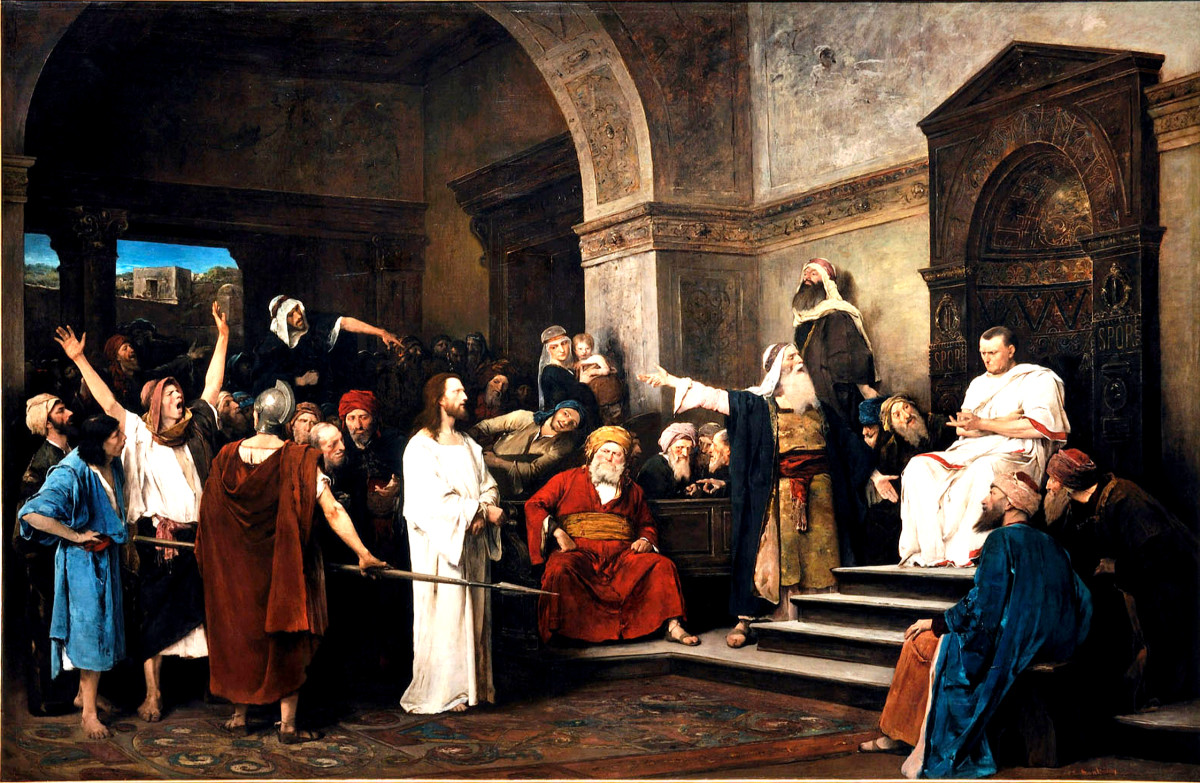There is one Lawgiver, who is able to save
and to destroy. Who are you to judge another?
James 4:12
At first glance, I’d put this name of Christ in my folder of “Who’da thunk it?” titles. After all, we’re now under grace and not under the law. This sounds more like the God of the Old Testament and not like Jesus Christ of the New.
At second glance, it’s my theology that needs reworking, and not the classification of this title. There are not two Gods, one for each Testament. We don’t even have three, which is how some people understand the doctrine of the Holy Trinity. There is one God who always existed and never changes. Anything different from that is just wrong.
Lawgiver is one name given to the LORD in the Old Testament: “For the LORD is our Judge, The LORD is our Lawgiver, The LORD is our King; He will save us” (Isaiah 33:22). The verse also mentions the LORD as Judge, King, and the one who saves. All these titles belong to Christ.
It’s true that grace is emphasized in the New Testament, but grace was shown all through the Old Testament (e.g., in Genesis 6:8 when it says “Noah found grace in the eyes of the LORD”).
Jesus clearly taught that He didn’t come to undo the law, but fulfill it (Matthew 5:17). The Savior never sinned; He kept the whole law and taught His disciples to keep the law and not to sin (John 8:11). If we have the mind of Christ (1 Corinthians 2:16), we’ll naturally want to do what is right, because God’s laws are written on our hearts and minds (Hebrews 8:10).
It’s dangerous to think that God’s laws are ever optional. Christ Jesus died on the cross to deliver us from the curse of the law, but He wrote every law in the Book. In the New Testament, He gave us New Commandments (John 13:34), and we’re told to fulfill the law of Christ (Galatians 6:2). We’re not saved from the law; we’re saved from sin by the Lawgiver Himself.
January 25









